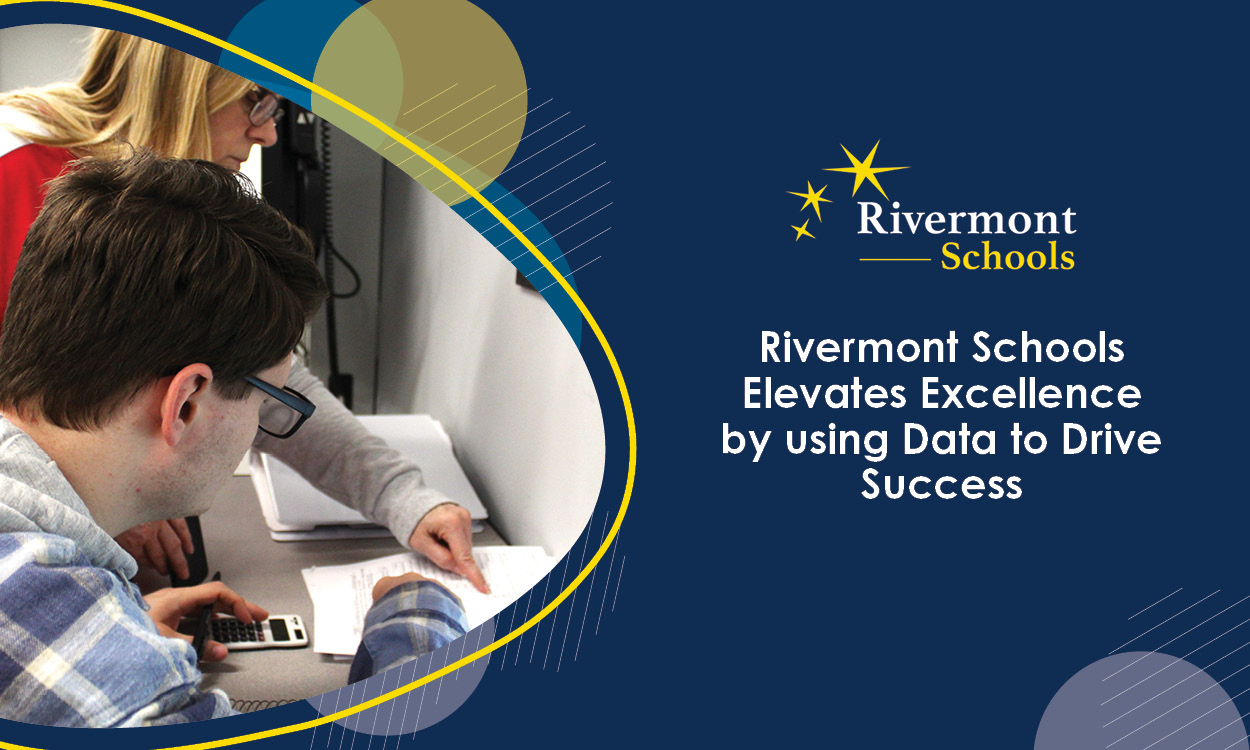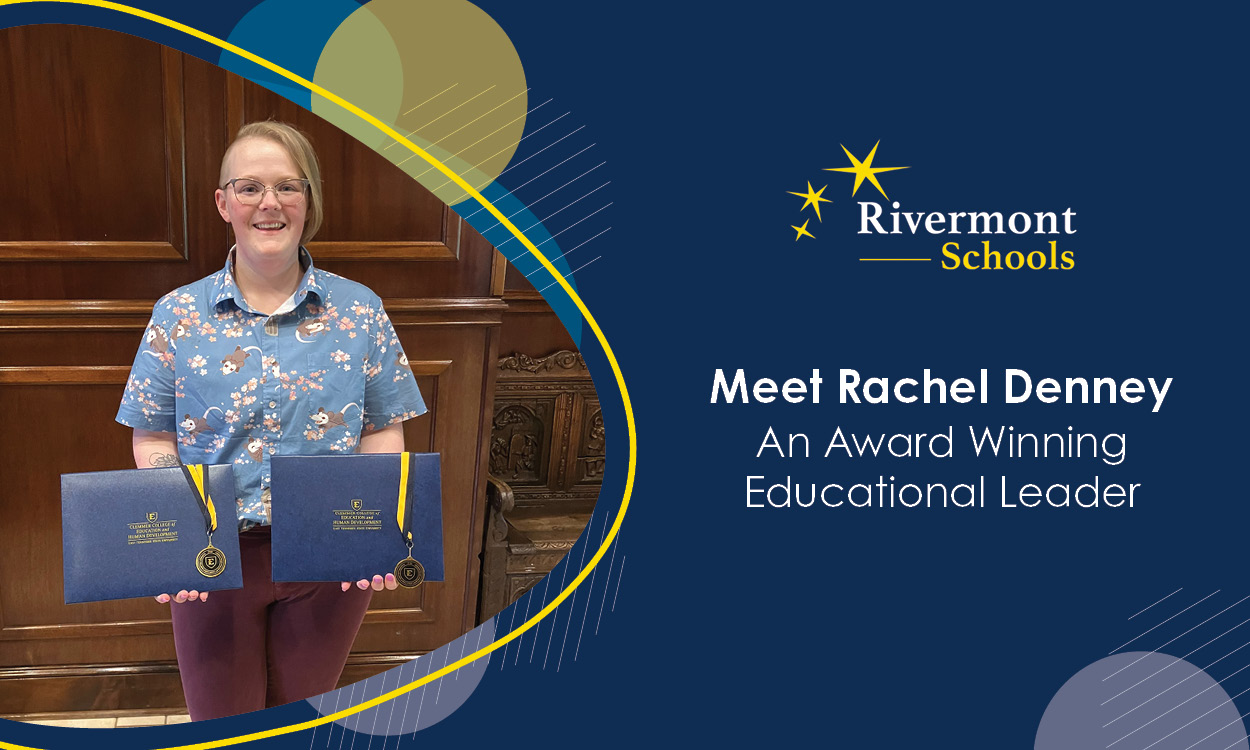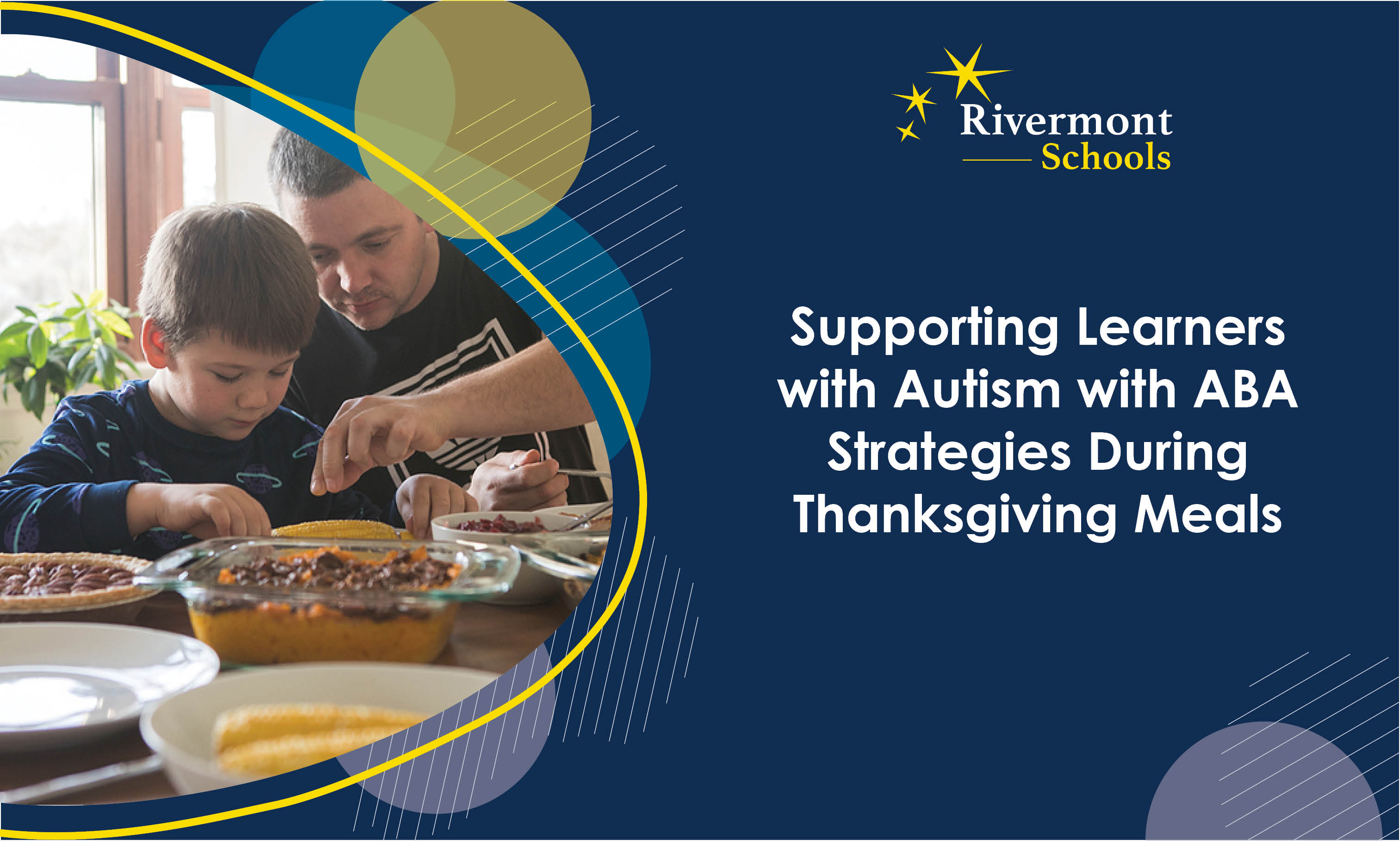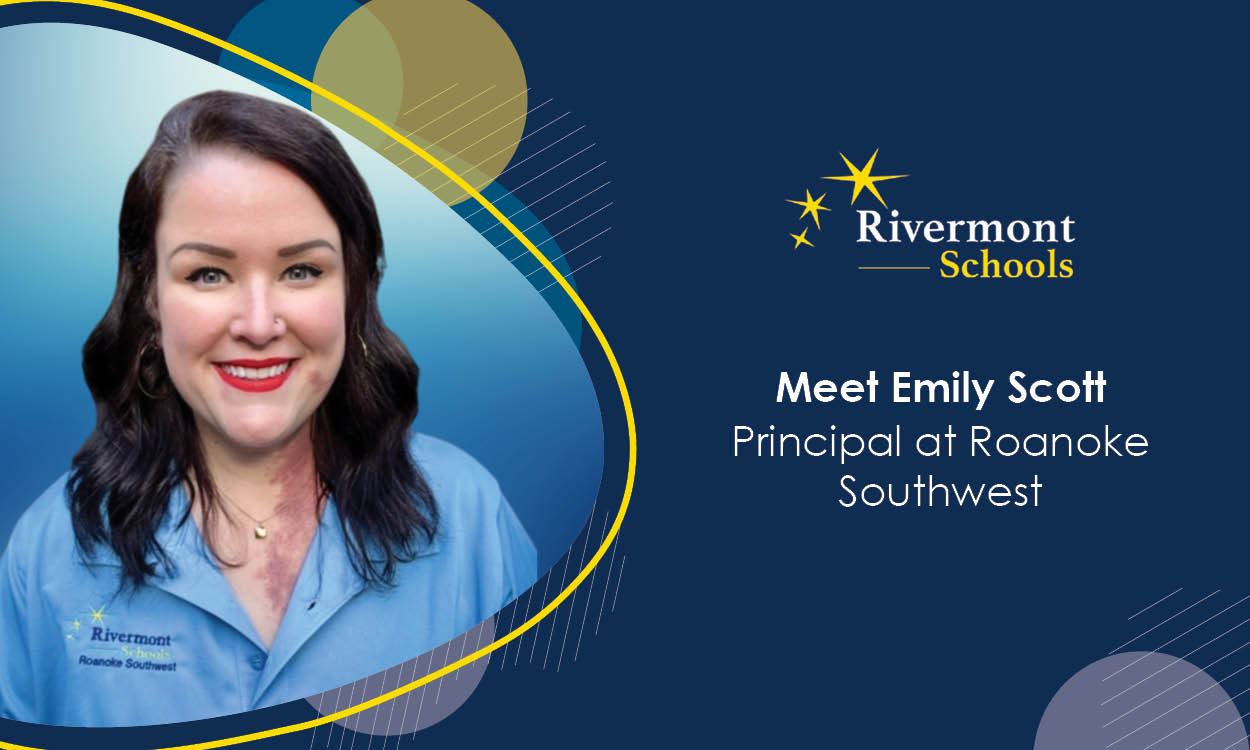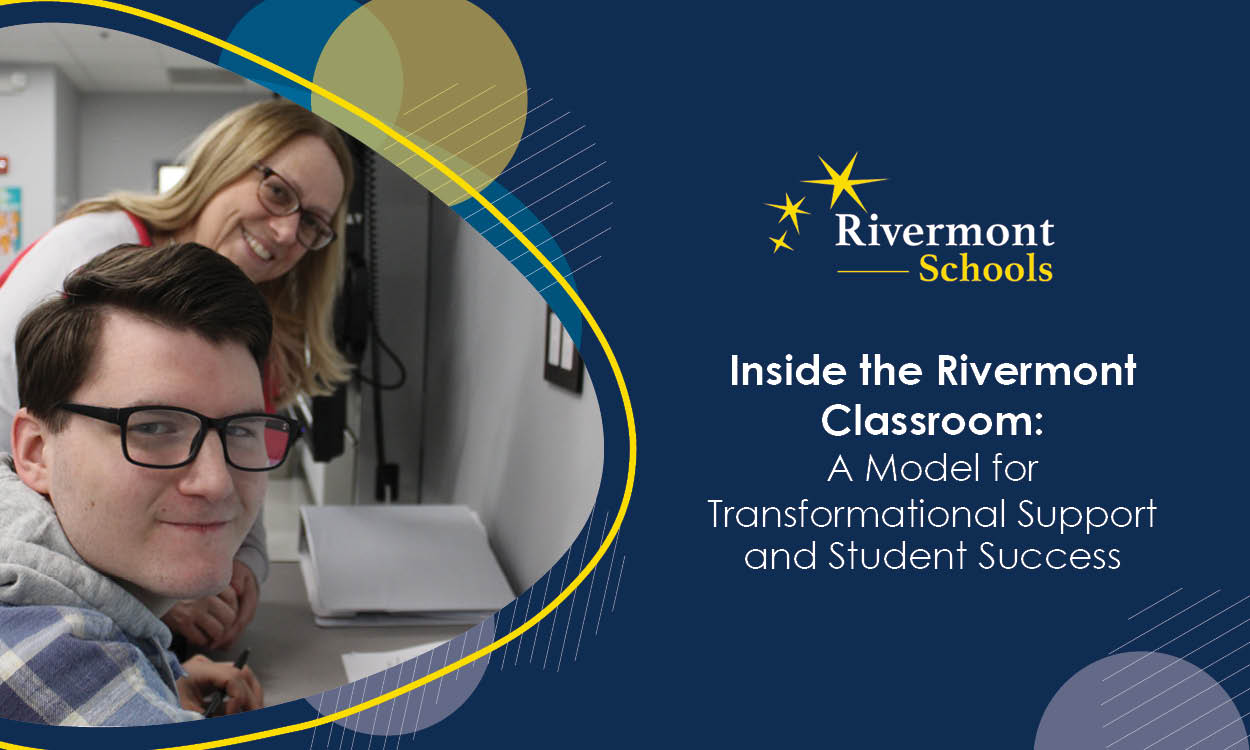Supporting Students in Taking Their Next Step
Posted: May 24, 2024 | Written By: Sharmin Hossain | Category:
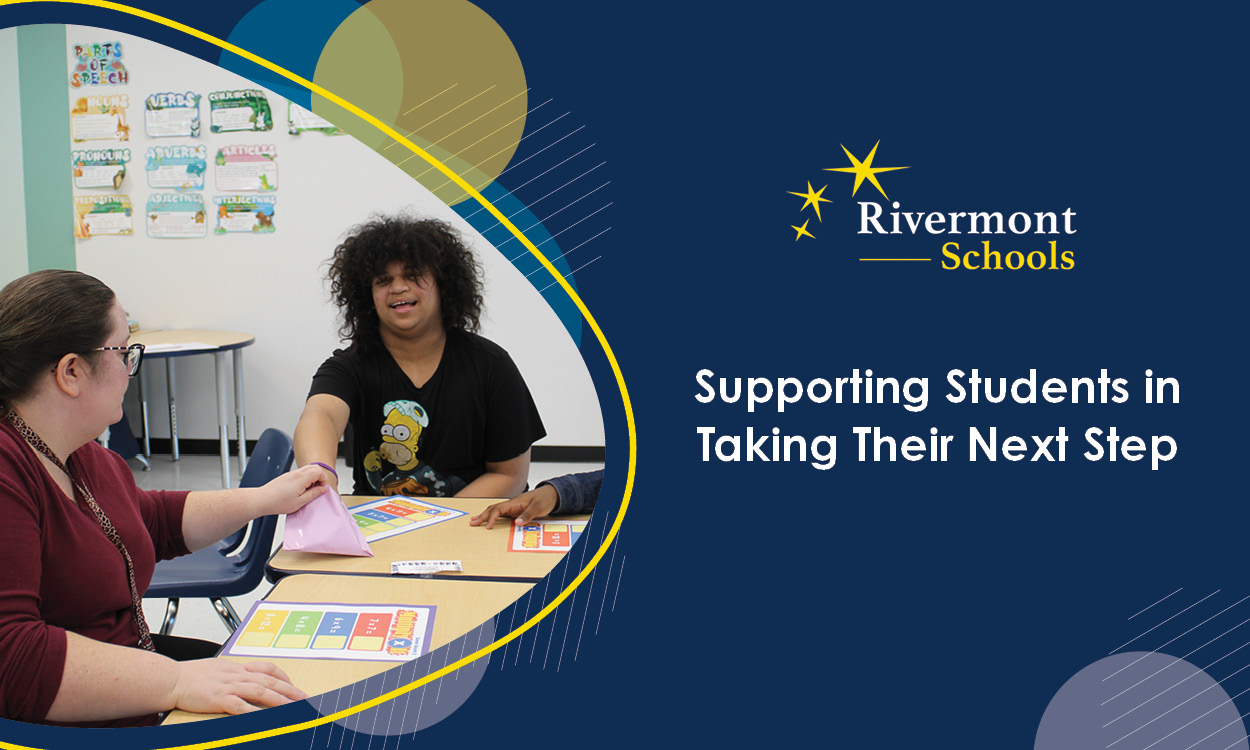
Written by Nate Crowley, Behavior Support Leader from Rivermont Schools Tidewater
As I watch students prepare for graduation and the next step in their lives, I’ve learned how overwhelming, and anxiety filled this time can be. How do teachers and staff support students during this period? What should the focus be and how often should this be a priority for them? Often, a simple approach is the best solution. Staff should expose students to as much as possible with the time they have left within the program to help them determine what they like, and maybe more importantly, don't like to do, along with the variety of paths they can take after high school.
Teachers talk to their students every year about their post-secondary goals and what they would like to do when they graduate. The answers and enthusiasm from student to student varies greatly. Goals are created to individualize the plans moving forward for that student and are worked upon through the rest of their time while finishing school. However, what did we want to be as teenagers? Did we follow the path we thought we would after high school?
The answer is: probably not. Many of us ended up taking a very different path than we originally planned as students. I have found as somebody who supports students that exposing young adults to as many opportunities before graduation is most beneficial. Have the student help get lunches, support them in getting their license, assist them obtaining their food-handlers permit, have them volunteer at a local event, take them to a local college fair, bring a military recruiter to talk to the students, teach them basic skills with maintaining school vehicles, have them practice daily skills in cooking, cleaning, etc. The options are nearly endless with the practical skills that can be taught or learned, as well as initial links to possible interests they may have after graduation.
Many of the students served have not been exposed to enough potential interests to even know what they want their next step to be. They base many of their interests on social media, television, video games, and the people around them. Students need real world experience and knowledge to be able to make an informed decision on their post-secondary goals.



